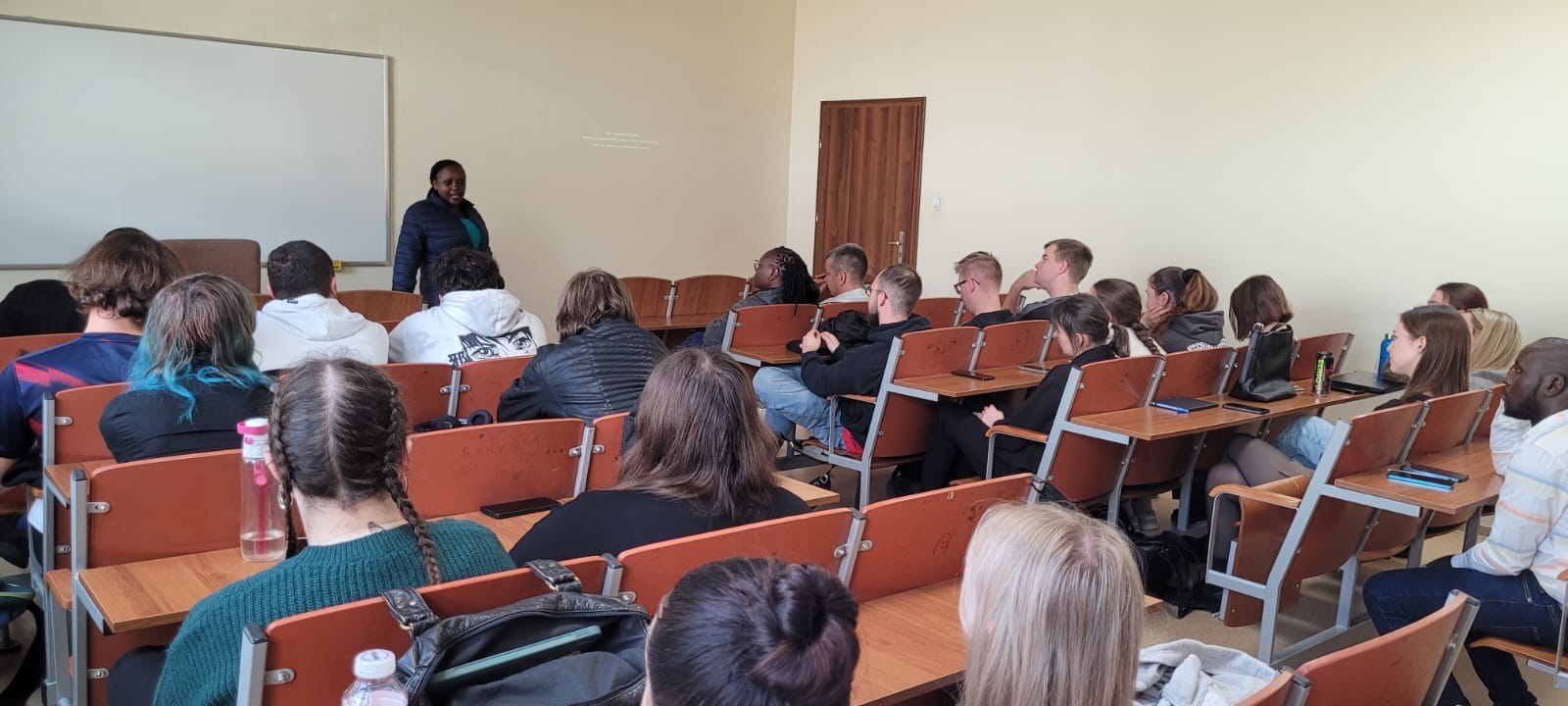Deputy Head of Public Service Amos Gathecha during his address on AI and public service.
The government has underlined its commitment to digital transformation in public administration with the launch of the Kenya Regional Administration and Management Symposium in Mombasa.
Spearheaded by the State Department for Public Service and the Ministry of ICT and the Digital Economy, the symposium convened stakeholders to explore the increasing impact of Artificial Intelligence (AI) in government operations under the theme: “Smart Governance: How Artificial Intelligence is Shaping Public Administration.”
During the opening ceremony, Deputy Head of Public Service Amos Gathecha emphasized the key role of the public service as the engine of government. He stated that the State Department for Public Service, being central to national progress, must be at the forefront of AI adoption.
Gathecha highlighted ongoing government initiatives to leverage AI’s transformative potential for enhanced public service delivery.
“This is not merely a future discussion,” he asserted. “It is about making decisive choices today to ensure a responsive, efficient, and future-ready public service.”
He also noted the strategic importance of the Directorate of Smart Governance within the Executive Office of the President in aligning government operations with the digital era.
“The integration of AI into the public sector is already a reality,” Gathecha added. “From automating the filtering of millions of job applications to creating systems that notify citizens on crucial documentation, AI is reshaping how government delivers services.”
Dr. Jane Imbunya, Principal Secretary (PS) for Public Service and Human Capital Development, stressed the necessity for clear and technologically adept structures in governance. “Smart governance must be specific, measurable, accurate, relevant, and time-bound,” she stated.
Dr. Imbunya urged public institutions to adapt to the paradigm shift driven by emerging technologies, referencing the Kenya Kwanza government’s Bottom-Up Economic Transformation Agenda (BETA), which prioritizes digital infrastructure and innovation.
“As automation reaches exponential levels, we must remain cognizant of the ethical dimensions of AI. In public service, AI must be rooted in ethical standards and principles,” Dr. Imbunya cautioned.
The PS also highlighted the transformative impact of the e-Citizen platform, which has revolutionized government service delivery by reducing bureaucracy, enhancing transparency, and curbing corruption through minimized human interaction. She lauded the platform as a significant milestone in Kenya’s journey toward smart, AI-tailored governance.
Prof. George Scott, Secretary General (SG) of the African Association for Public Administration and Management (AAPAM), emphasized that cross-sector collaboration is crucial for unlocking the full potential of a tech-driven public service



